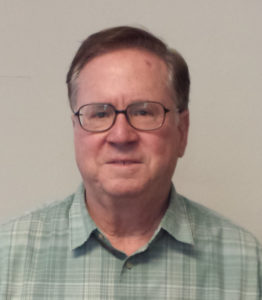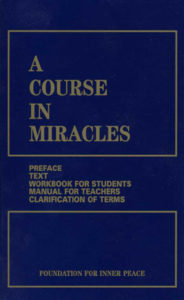 Debra Landwehr Engle
Debra Landwehr Engle
Author of The Only Little Prayer You Need
With Randy Adams, Annabelle Nesbit and Dr. JoAnn Tully
Saturday, December 2, 9 a.m. to noon (registration at 8:30)
Meredith Hall, Drake University
A Course in Miracles (ACIM) includes a text, workbook and manual that have been described as “spiritual psychotherapy.” Designed as a self-study course, the Course was first published in 1975, has been translated into more than two dozen languages and is studied worldwide.
While the Course uses Christian language, it is metaphysical and ecumenical in nature. It teaches that we have two minds: one based in fear and the other based in love. By consciously choosing love, we undo guilt and heal our relationships with ourselves and others.
This half-day conference will explore key teachings of the Course, including healing the mind and body, dealing with anger and attack, choosing love over fear and gaining a new perspective on life events by making small changes in your thinking.
The event will include an introduction to the Course, breakout sessions and a plenary Q&A with the conference leaders and ACIM students.
Debra Landwehr Engle has studied A Course in Miracles for more than 30 years. She is the author of The Only Little Prayer You Need, which is based on Course principles and has been translated into four languages. Deb leads A Course in Miracles classes, workshops and study groups in person and online, and she offers one-on-one mentoring based on ACIM.
Randy Adams has studied A Course in Miracles since 1995. He owns his own accounting and tax preparation business and teaches classes to other tax preparers. Randy believes that sharing kindness and joy is a simple and effective way to extend the ACIM message.
Annabelle Nesbit is an ordained interfaith minister and student/teacher of A Course in Miracles. Twenty-five years ago, she began a committed meditation practice, which inspired a life of learning about and practicing spiritual philosophies. She shares the gifts of the Course through a weekly ACIM group.
Dr. JoAnn Tully, D.C., uses principles from A Course in Miracles to help her clients release negative thoughts, emotions and beliefs that are sabotaging their energy, health and life. She works with clients who have been struggling with chronic illness, unexplained or unresolved health issues, or who are dealing with everyday fatigue and overwhelm.
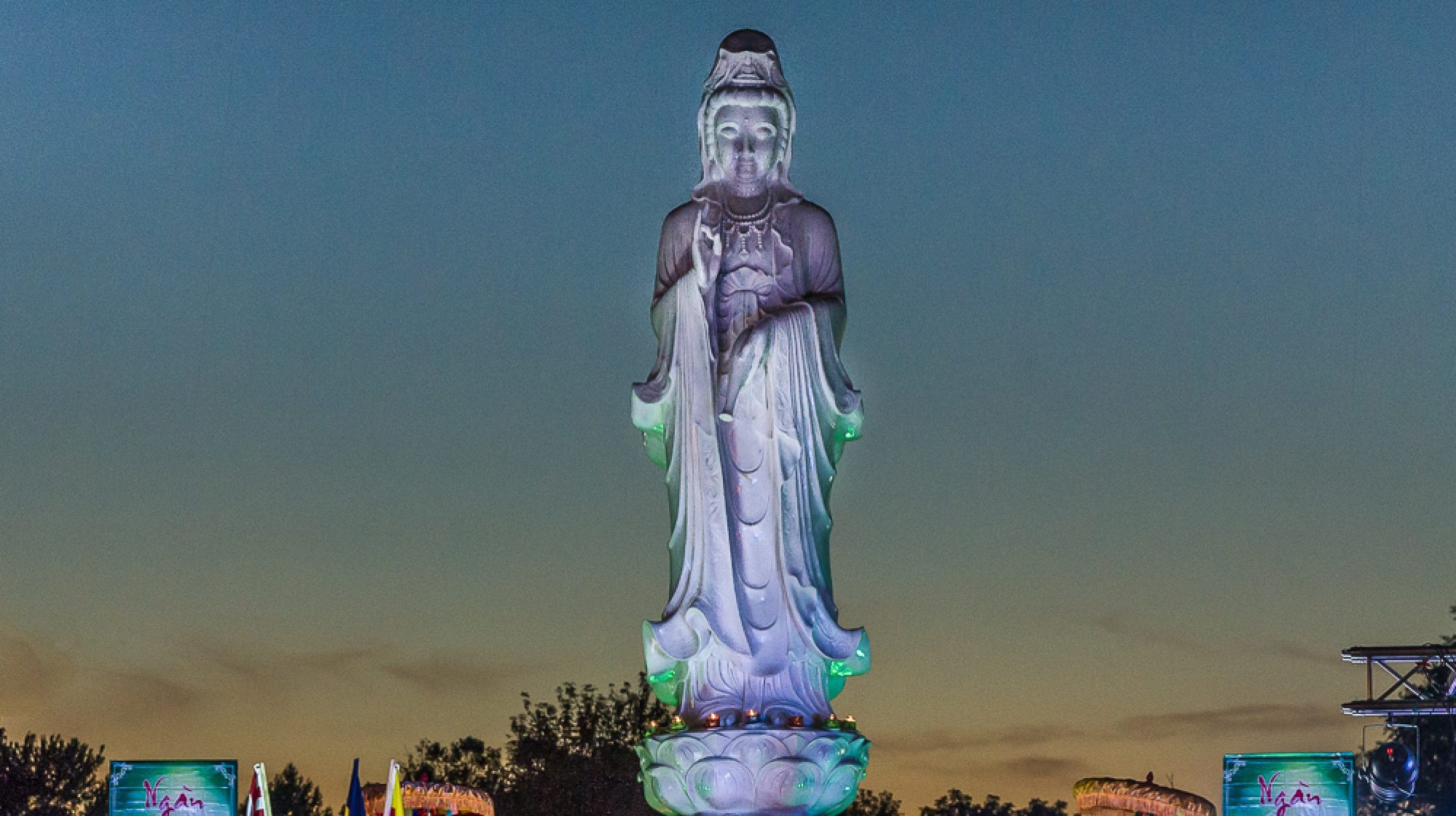

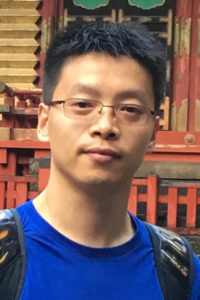
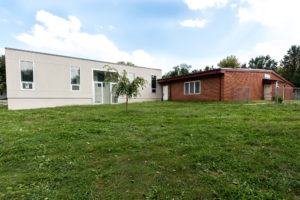 Meet My Religious Neighbor series.
Meet My Religious Neighbor series.